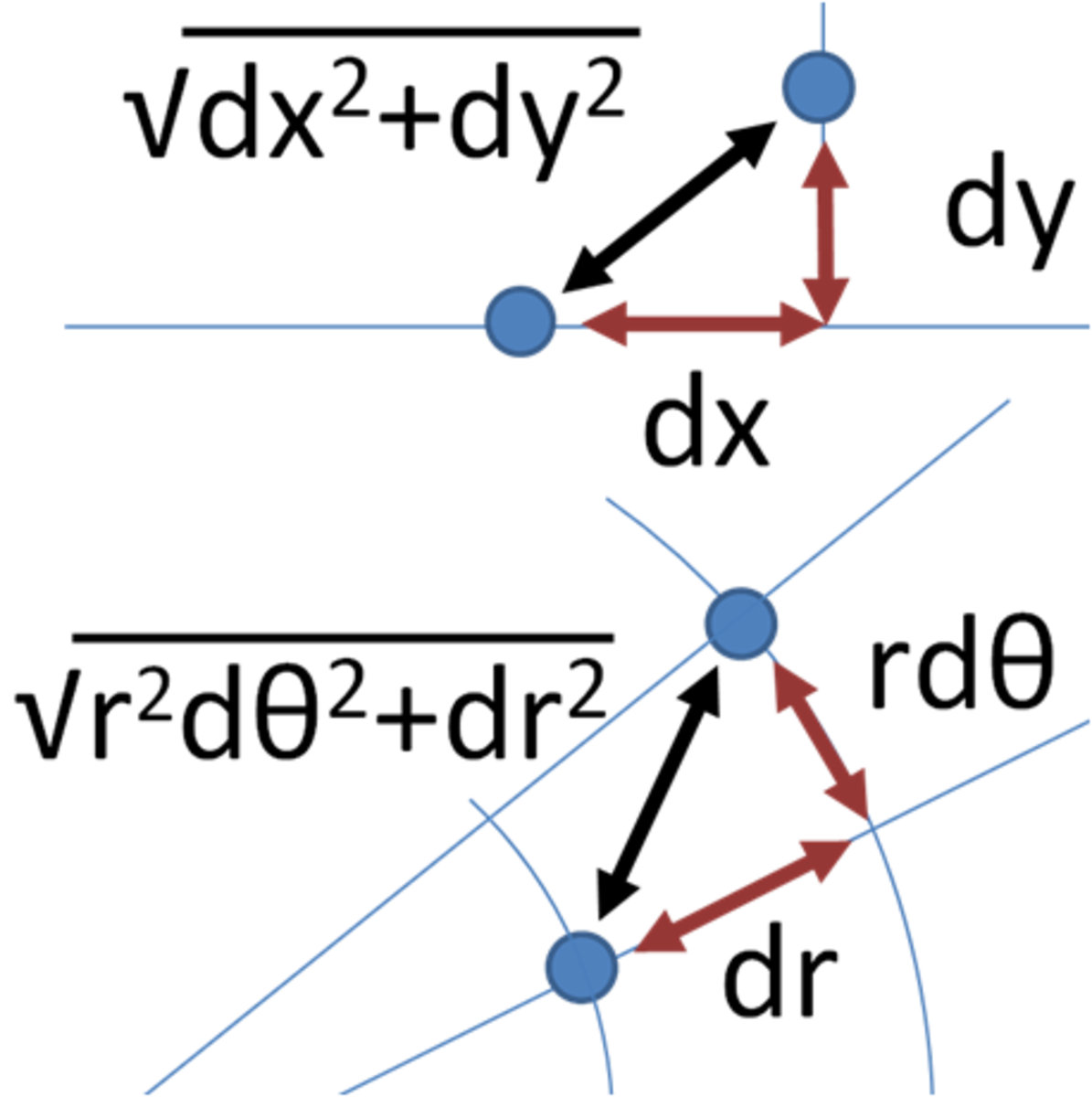Hypatia of Alexandria
A Rare and Unusual Mind
A scientist. Think about this bare description for a moment, and picture the scientist in your mind. Now describe the scientist, and all of the scientist’s characteristics; what was the gender of this professional? I’m guessing, even if you’re a woman, that it wasn’t a Madam Curie that you envisioned, but rather, it was a male scientist. The reality, however, is that there are a growing number of scientists and mathematicians -a specialized type of explorer of the unknown, that are women. In fact, this has always been so, even down to the ancient days of humanity. One such ancient scientist was Hypatia of Alexandria.
The exact dates of Hypatia’s life are not bound in a definitive knowledge, though the fact that she lived is certain from the number of commentators who wrote about her in her time. The generalities, however, are enough to know some facts about one of antiquity’s greatest female scientists.
Hypatia was born in the middle part of the 4th century C.E. Her father was Theon of Alexandria, probably the last of the heads of the University (then called Museum) of Alexandria. Theon was a mathematician of great renown who not only taught at the Museum but also commented upon the works of the astronomer Ptolemy (not to be confused with the Northern Greek Pharaohs of the same surname). More importantly, he is best known today for his copies of Euclid’s “Elements.”
From having a father so in love with knowledge, Hypatia proved to be his greatest student and was said to have even surpassed him in much knowledge of mathematics and philosophy. Her work included creation of books on geometry, algebra, and a simplification of Apollonius’ “Conics”; the creation of an early form of the astrolabe (though not the first); creation of astronomical tables (which she devised with her father); the charting of numerous celestial bodies; and the creation of the hydrometer.
Besides mathematics and astronomy, Hypatia was evidently an accomplished philosopher. Her ideas of neo-Platonism are still somewhat understood and respected. Much of this involved mathematics made sacred when coupled with Plato’s ideas on the Platonic Ideals. That is, when an object is considered in the plural, as conceiving 2 horses or 5 horses, this gives way to considerations of the power of numbers, even at the fundamental level of counting. So, to understand how to count, one can apply this system abstractly and universally to any object. The simple act of counting becomes both powerful and sacred (for more on this, see the movie “Clan of the Cave Bear” in the scene where counting becomes a sacred, secret skill). This is but the surface of such Neo-Platonic thoughts that Hypatia contributed to.
As was true of philosophy throughout the ancient Mediterranean world, philosophical ideas were often sublimated to the level of import and seriousness of religion. Many of Hypatia’s ideas, along with her support of the town’s pagan governor led to a direct clash with the growing Christian faith, and would result in her death. Part of this was as the term ‘mathematician’ took on a dirty connotation, being lumped along with what today would be properly called an ‘astrologer,’ of which Hypatia was certainly not, as her form of telling the future was in the empiricist spirit of foretelling eclipses, not whether or not a person would shortly come into money or shortly be ferried across the river Styx.
One of the great heartaches in the history of ancient science was the death of Hypatia, as she was brutally murdered. While loved by many people all over the ancient Levant and beyond (including many Christians and peoples of other religions), many of whom would go to her for their education, Hypatia was equally reviled by the extremist Christian faction of Alexandria. Much of this was due to her being a woman in a world that expected woman to be quiet and complacent, and above all, without power or knowledge. The great ancient scientist held the ear, however, of many important people of the city, most notably Orestes, the prefect of Alexandria, who would oppose the Christian patriarch on many issues (to the point that an assassination attempt would eventually be placed upon the prefect by fanatics).
It was Christian fanatics of the same mindset who set upon Hypatia in 415, pulling her from her carriage and dragging her to a nearby church. There, her clothing was torn from her body and she was beaten to death (some accounts claim that her clothing was ripped off of her person directly after being torn from her carriage). A well-recited aspect of her death is that she was flayed alive, either with oyster shells or, more likely, roof tiles, and her eyes smashed in. She was either burnt alive, or her corpse was set ablaze after she expired.
There were some ironies about her death at the hands of extremist Christians. The first of these is that she and her fellow neo-Platonists inadvertently gave numerous ideas to the world that were later adopted as central tenants within most forms of surviving Christianity, such as ideas leading to the trinity. Another irony is that the patriarch Cyril, who may or may not have directed the attack on Hypatia (though was not present at her murder), was later canonized. This matter is to this day a point of great contention between different factions.
What is understood about Hypatia the person? She was a natural teacher whose erudition only aided her in her pedagogic pursuits. Further, she was charismatic and physically quite stunning. Moreover, despite her great comeliness, she was believed, even by the Christian church, to have lived and died a virgin in honor of her pagan beliefs. What is not in doubt is her many accomplishments and contributions to the world of science and the world itself. Within the vast collective memory of science, she will never be forgotten.







